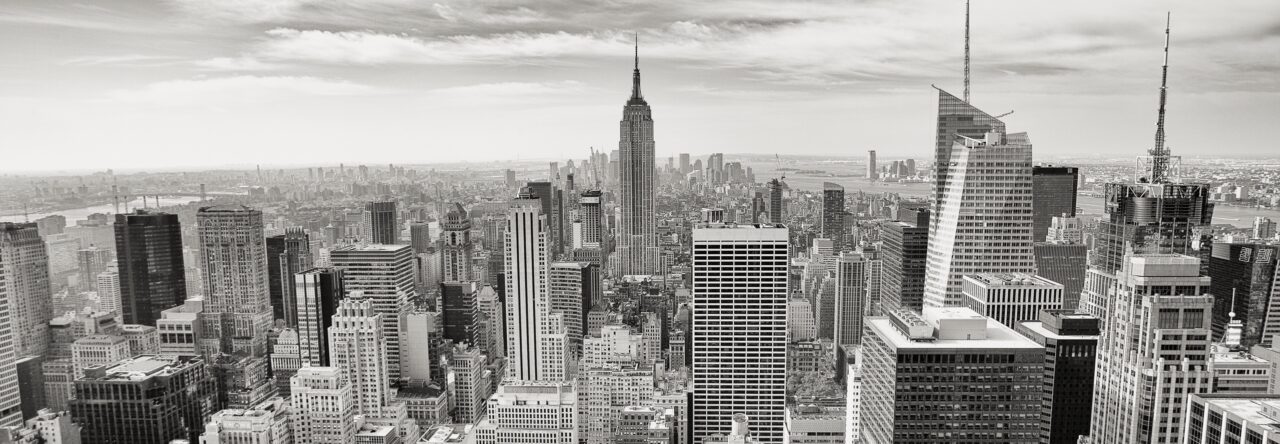Izithakazelo zakwa-Duze
Ndaba,
Seyama, Luvuno,
Gayela!

Ndaba,
Seyama, Luvuno,
Gayela!
The Ndebele are a Nguni people, they originate from Nguniland which was an area South East of Afrika which stretched from encompassed parts of Present day KZN, Swaziland and Eastern Transvaal. They first travelled with Abakwa Zelemu (AmaBhaca) to Ubombo Mountains and later broke away and entered the Transvaal. Their first known chief was Mafana. They proceeded to present day Mohlakeng (Mhlangeni) near Randfontein and continued to a place called Kwa-Mnyamana near Pretoria under the leadership of King Musi. After the death of Musi they split into two tribes Ndzundza and Manala due to succession dispute. Ndzundza and Manala were the sons of Musi Mhlanga.
Masombuka settled with the Ndzundza group while Mthombeni and Sibasa headed north with their followers. Sibasa later joined the be-Venda. Mrhwaduba joined the Pedi near Turfloop in Limpopo.
Dlomu went back to KZN, Mphafudi and Litjha ended with the South Sotho in Lesotho and Free State.
All the above were sons of Musi of Mhlanga.
The Ndzundza group moved past Middleburg and settled at Roosenekal (Kwasimkhulu) The Manala group returned to Kwamnyamana after the truce they made with the Ndzundza group near Loskop Dam Middleburg at a place called Konoqolo/Koqoli.
When Ndzundza died his son Mrhetja took over, and when Manal died his son Silamba took over kingship.
Later regents ruled the Ndzundza, those were Siboko, Somdeyi and Mabhoko.
Mabhoko died in 1865 and Masilela took over followed by Soqaleni who ruled until 1873, followed by Xobongo up to 1879, who was succeeded by Nyabela.
In the 1980’s the Musi Ndebele were given the land in the north-east of Pretoria near Groblersdal and Marblehall (Siyabuswa) as their semi-independent homeland. The youth and the Ndzundza royal house resisted apartheid independence. That place was called Kwandebele and is now under Mpumalanga province of the Republic of South Africa.
The language that these Ndebele spoke was a mixture of Nguni, Pedi and Afrikaans. In the 1980’s efforts were made to preserve a purer form of Ndebele and it has been very successful becaus now they speak pure undiluted Ndebela language which is also taught at schools. Previously they were taugth in Pedi and Zulu languages.
The Dlamini People
Abantu bakwa Dlamini banga Bambo-Nguni bahlobene nabakwa Mkhize, AmaNgwane namaMpondo. Ngenxa yokuthi umlando wawungabhalwa kodwa udluliselwa ezizukulwaneni ngomlomo nangezithakazela asinalo ulwazi olugcwele.
Ngokuka Prince Zuko Pokwana bazalana kanje:
Ludiwu, Sidwaba, Lufelelwenja, Mini, Fulathelilanga, Nguni, Mzimkhulu, Masoka, Mhuhu, Nqubeni, Mhlanga, Musi, Mntungwa, Ndlovu, Dlamini, Ludonga, Mswati, Ngwane, Dlamini, Nkosi, Mavuso, Magudulela, Ludvonga, Dlamini, Ngwane, Ndungunye, Sobhuza, Mswati, Ludonga, Mbazeni, Ngwane, Sobhuza, Mswati iii.
Kuyacaca-ke lapha ukuthi ngokuhamba kwesikhathi babe sebehlukana ngokwezindlu babe sebeyofuna amadlelo aluhlaza ezindaweni ezehlukene. Ilelo nalelo qembu labe liholwa inkosi yalo. ODlamini abohlukananga bonke umnyombo wabo uqala ku Dlamini wokuqala. Babe sebezibiza ngezindlela ezehlukene isbn. AmSwazi, AmaZizi, AmaKhuze, Inhlangwini, Fodo, Tolo, Soshenge njll.
AmaZizi Mpuma Koloni
Dlamini, Jama, Sijadu, Nomane, Mtikitiki, Ntabuyanyuka, Sandluluba, Nkosi, Nsukunsuku, Mphinyana, Songiya, Sfanguba, Mcherhwa, Sorhelesi, Zakewu…
Ngubonde, Lamyeni, Cubungulashe, Ngxibinoboya, Mtatela, Njokweni, Ntondwa, Ndunakazi, Ndosi, Lunika, Menziwa, Zangashe, Pokwana…
Sibalukhulu, Khuze, Lungqi, Ngubokazi, Lamyeni, Langa, Mdlovu, Limakho…
Abazinze eMahlabathini
Sibalukhulu, Nyanya, Soshenge, Malandela, Magaduzela, Mabonelempunzini, Luzumane ka Ndaba, Bazume Ndaba balibele…
Abase Swazini
Dlamini, Nkosi, Sidlubula Dledle sika Nobamba, Lokothwayo, Ludonga luka Mavuso, Sidwaba Siluthuli, nina enawela uBombo ngokuhlehletela, Ndlovu ezidlekhaya ngokuswela abelusi, Sibhahuza sika Mawawa, Mlangeni, Sobhuza, Mntungwa, Wawawa, Kunene…
Inhlangwini
Lungqi, Makuthu, Tiba, Mengcwa, Mabandla, Gasa, Nombewu, Fodo, Dumuka, Mdibaniso, Langalethu, Melizwe…
Amazizi Miya
Gcwanini, Sibhewu, Saliwa, Sijekula, Bhincelehlangeni, Mancoba…
Latha
Mashwabada, Ntshawe, Nceka, Dada, Mshengu
Abantu bakwa Dlamini baningi kakhulu futhi basebenzisa izibongo ezehlukene akumangazi-ke ngoba ngesinye isikhathi uthola beganene bodwa.
Powered by WordPress & Theme by Anders Norén